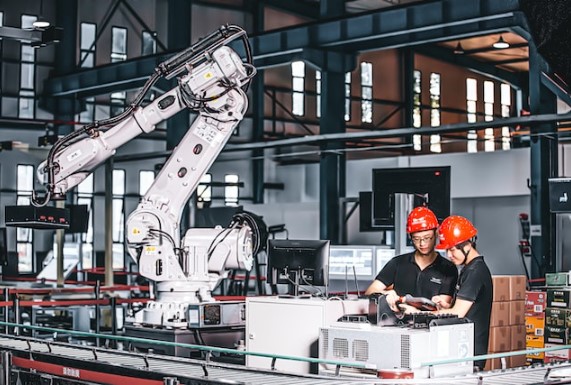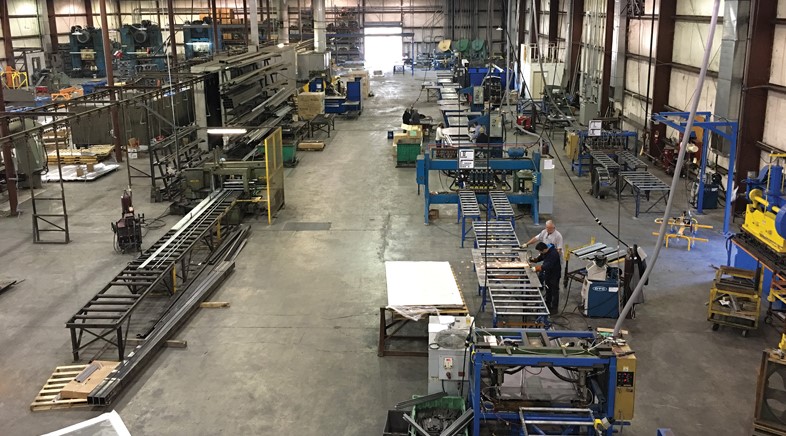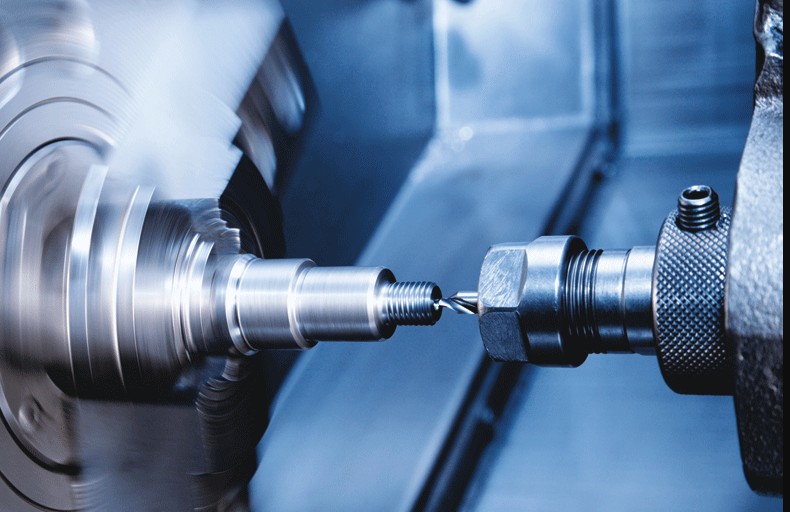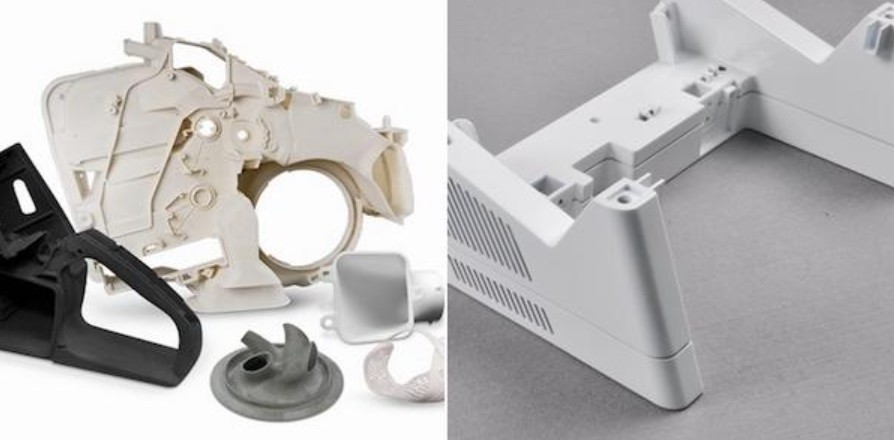
Optimizing Manufacturing Processes: The Role of a Manufacturing Process Engineer

Introduction: Unveiling the Role of a Manufacturing Process Engineer
In the world of manufacturing, efficiency, precision, and innovation are paramount. This is where the expertise of a manufacturing process engineer comes into play. These professionals are the architects behind the seamless operation of production processes. In this comprehensive guide, we delve deep into the world of manufacturing process engineering, exploring their responsibilities, the skills they possess, and their significance in driving production efficiency.
The Role of a Manufacturing Process Engineer
A manufacturing process engineer is a skilled professional responsible for designing, implementing, and optimizing manufacturing processes to ensure the highest levels of productivity and quality. They act as the driving force behind streamlining operations and enhancing overall efficiency within a manufacturing setup.
Key Responsibilities of a Manufacturing Process Engineer
Manufacturing process engineers undertake a wide range of responsibilities, including:
- Process Design and Improvement: They create and refine manufacturing processes, ensuring the most efficient workflow from raw materials to the final product.
- Quality Control: Ensuring products meet quality standards through the implementation of rigorous testing and quality control procedures.
- Cost Analysis: Evaluating production costs and finding ways to minimize expenses while maintaining quality.
- Risk Assessment: Identifying potential risks in processes and implementing strategies to mitigate them.
- Continuous Improvement: Regularly analyzing processes to identify areas for enhancement and implementing innovative solutions.
Skills and Expertise Required
Becoming a successful manufacturing process engineer demands a combination of technical skills, creative thinking, and problem-solving capabilities.
Technical Proficiency
These engineers should be well-versed in various manufacturing technologies and techniques, such as:
- CAD/CAM Software: Proficiency in Computer-Aided Design (CAD) and Computer-Aided Manufacturing (CAM) software for process visualization and optimization.
- Statistical Analysis: Utilizing statistical tools for data-driven decision-making and process enhancement.
- Automation: Knowledge of automated systems and robotics to improve efficiency and reduce errors.
Problem-Solving and Analytical Abilities
Manufacturing process engineers tackle intricate challenges. They need:
- Critical Thinking: Assessing complex situations and formulating effective solutions.
- Root Cause Analysis: Identifying the underlying causes of issues and addressing them at the source.
Communication Skills
Collaboration is essential in manufacturing. Strong communication abilities facilitate interaction with cross-functional teams and stakeholders.
The Impact on Production Efficiency
Manufacturing process engineers play a pivotal role in optimizing production efficiency.
Reducing Waste and Costs
By analyzing processes, identifying inefficiencies, and suggesting improvements, these engineers can significantly reduce waste and production costs.
Enhancing Product Quality
Through stringent quality control measures, manufacturing process engineers ensure that products meet the highest quality standards, boosting customer satisfaction.
Increasing Throughput
Optimized processes lead to quicker production cycles, enabling manufacturers to meet market demands more effectively.
FAQs About Manufacturing Process Engineers
What educational background is required to become a manufacturing process engineer?
A degree in engineering, preferably in fields like industrial engineering or mechanical engineering, provides a strong foundation for this role.
Is experience in manufacturing essential for this role?
While experience in manufacturing can be advantageous, fresh graduates with a solid engineering background can also excel in this role.
How do manufacturing process engineers stay updated with the latest technologies?
Continuous learning is crucial. Attending workshops, seminars, and staying engaged with industry publications helps them stay at the forefront of technological advancements.
What industries benefit from manufacturing process engineering?
Manufacturing process engineers are essential in various industries, including automotive, electronics, pharmaceuticals, and consumer goods.
What soft skills are important for manufacturing process engineers?
Effective communication, problem-solving, and adaptability are crucial soft skills, allowing engineers to collaborate and thrive in dynamic environments.
How does process optimization impact sustainability?
Efficient processes often lead to reduced resource consumption, waste generation, and energy usage, contributing to a more sustainable manufacturing approach.
Conclusion: Elevating Manufacturing Excellence
In the ever-evolving landscape of manufacturing, the role of a manufacturing process engineer remains indispensable. From conceptualizing optimized processes to enhancing production efficiency and ensuring top-notch quality, these professionals drive the industry forward. Their expertise not only benefits the company’s bottom line but also contributes to a more sustainable and efficient manufacturing ecosystem.
Partner Site : Diesel engine, Automotive News, Jeep Cars, Travel In Bali, Car Accident Lawyer, Lawyer, Home Renovation, Health News, Auto Repair, Photography


